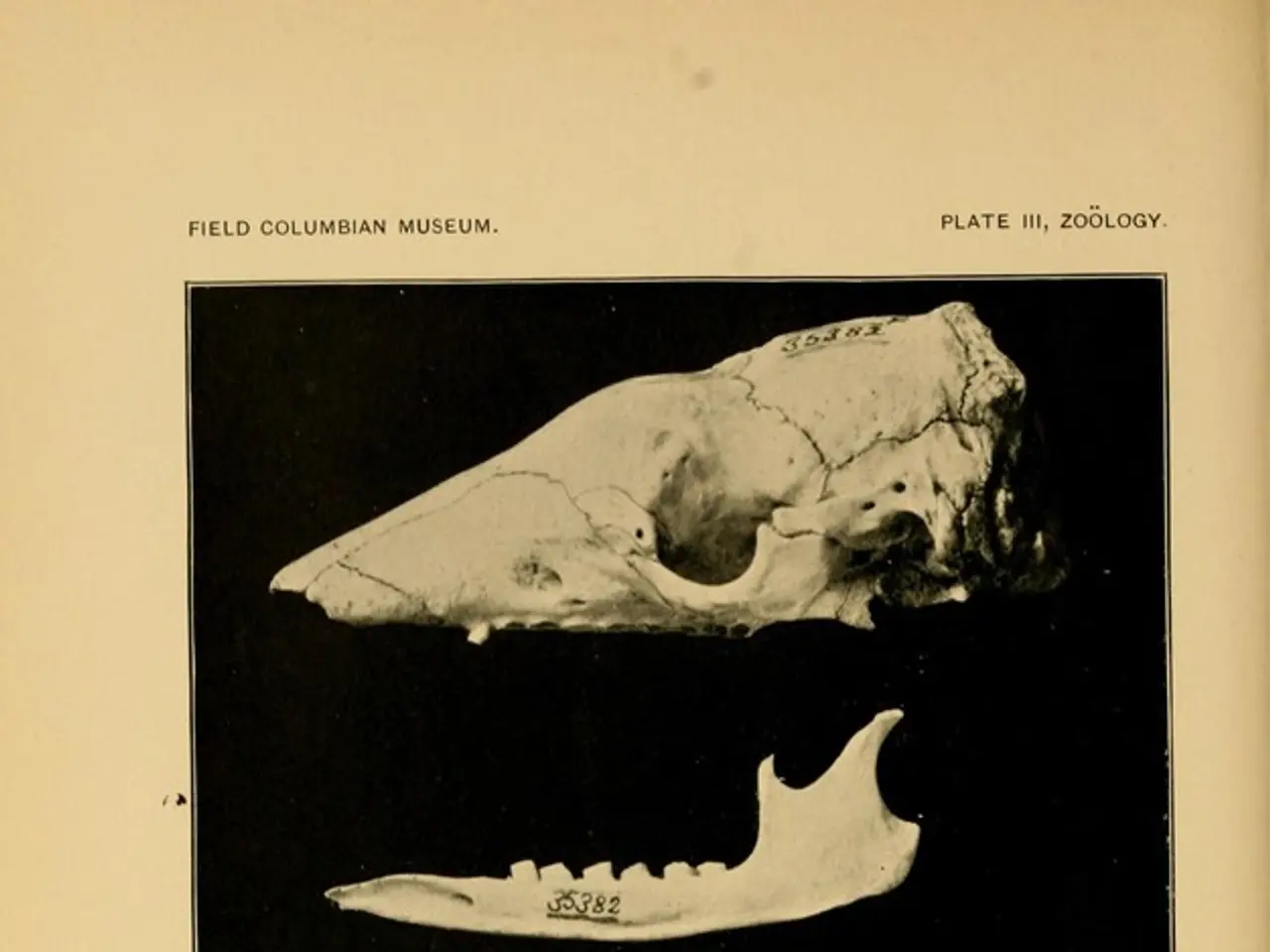The Biology, Statistics, and Discussion Uncovering the Reason Behind Shorter-Lived Tall Men
In a surprising turn of events, research suggests that taller men tend to have shorter lifespans compared to their shorter counterparts. This trend, which has been observed across various cultures, ethnicities, and geographic locations, can be attributed to several biological and environmental factors.
A study published in the Journal of Epidemiology and Community Health in 1992 found that shorter men lived longer in Japan. This observation was later supported by a 2003 study in The Lancet, which associated height with an increased risk of several causes of death, including cancer and cardiovascular disease.
One explanation for this phenomenon is the increased cellular workload that comes with taller bodies. Taller individuals have more cells and tissue mass, leading to more total cell replication over a lifetime. This potentially increases the accumulation of DNA damage and oxidative stress, key drivers of aging.
The higher metabolic demands of larger bodies also increase free radical production, promoting cellular damage over time. Studies in aging biology suggest that this could lead to accelerated aging and the risk of mortality.
Taller stature has been linked to an increased risk of certain diseases, including some cancers and cardiovascular diseases. A 2016 study published in Nature found that each 10 cm (about 4 inches) increase in height was associated with a 10% increase in cancer risk. There is also evidence linking taller height with increased risk of atrial fibrillation (AFib) and aortic dissection.
From an environmental and physiological perspective, taller men may experience greater strain on their cardiovascular systems, which must support a larger body volume. This can increase the risk of heart disease and other health complications that impact mortality.
Socioeconomic and healthcare access factors could also intersect with height, influencing overall health outcomes. A stochastic model of aging, as described in geroscience research, highlights how random, cumulative damage to physiological systems increases mortality risk over time. In taller individuals, the larger biological "system" (more cells and tissue) might have a higher chance for such random degradation to lead to failures, compared to shorter individuals with fewer cells.
Research also indicates that body composition metrics, such as the percentage of body fat, are better predictors of mortality risk than BMI alone. This suggests that body size-related traits influence longevity through complex metabolic and cardiovascular pathways.
Tall men may benefit from being proactive with cancer screenings, paying attention to blood pressure and heart health, maintaining strong joints and good posture, watching caloric intake, avoiding smoking and minimizing alcohol, exercising regularly, and getting enough sleep. Understanding the implications of height can help tall men optimize their health accordingly.
However, it's important to note that lifestyle choices, such as diet, exercise, smoking, alcohol use, and access to healthcare, remain the most important factors in longevity. Height often correlates with dominance, sexual attractiveness, and status, which can lead to higher reproductive success. Across many species, longevity often inversely correlates with body size - smaller animals tend to live longer than larger ones.
Data from Sardinia showed the shorter male population had a higher likelihood of living past 90, and historical data from World War I and II veterans found shorter soldiers had longer life expectancies. These findings add another layer to the complex relationship between height and longevity.
In conclusion, the shorter lifespan observed in taller men is driven by a combination of increased cellular workload, higher metabolic and oxidative stress, greater cardiovascular demands, and interactions with environmental factors—all contributing to accelerated aging and increased disease susceptibility. This explains why a statistically significant trend exists where taller men tend to die younger than shorter counterparts.
- Studies have shown a correlation between height and various medical-conditions, such as cancer and cardiovascular diseases, suggesting a higher risk for taller individuals.
- The increased cellular workload in taller bodies can potentially lead to more DNA damage and oxidative stress, key drivers of aging.
- The larger bodies of taller individuals may produce more free radicals, leading to increased cellular damage over time and accelerated aging.
- Evidence suggests that taller height could be linked to a higher risk of atrial fibrillation (AFib) and aortic dissection.
- From an environmental and physiological perspective, taller men may experience greater strain on their cardiovascular systems, increasing the risk of heart diseases and health complications.
- Research indicates that body composition metrics, like the percentage of body fat, are better predictors of mortality risk than BMI alone.
- In order to optimize health and counteract the potential risks associated with height, tall men could focus on maintaining their cardiovascular health, paying attention to cancer screenings, exercising regularly, getting enough sleep, and adopting a health-and-wellness lifestyle that includes a balanced diet and minimized smoking and alcohol consumption.




